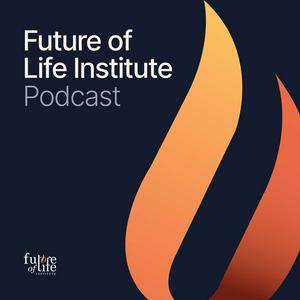Ryan Kidd is a co-executive director at MATS. This episode is a cross-post from "The Cognitive Revolution", hosted by Nathan Labenz. In this conversation, they discuss AGI timelines, model deception risks, and whether safety work can avoid boosting capabilities. Ryan outlines MATS research tracks, key researcher archetypes, hiring needs, and advice for applicants considering a career in AI safety. Learn more about Ryan's work and MATS at: https://matsprogram.org
CHAPTERS:
(00:00) Episode Preview
(00:20) Introductions and AGI timelines
(10:13) Deception, values, and control
(23:20) Dual use and alignment
(32:22) Frontier labs and governance
(44:12) MATS tracks and mentors
(58:14) Talent archetypes and demand
(01:12:30) Applicant profiles and selection
(01:20:04) Applications, breadth, and growth
(01:29:44) Careers, resources, and ideas
(01:45:49) Final thanks and wrap
PRODUCED BY:
https://aipodcast.ing
SOCIAL LINKS:
Website: https://podcast.futureoflife.org
Twitter (FLI): https://x.com/FLI_org
Twitter (Gus): https://x.com/gusdocker
LinkedIn: https://www.linkedin.com/company/future-of-life-institute/
YouTube: https://www.youtube.com/channel/UC-rCCy3FQ-GItDimSR9lhzw/
Apple: https://geo.itunes.apple.com/us/podcast/id1170991978
Spotify: https://open.spotify.com/show/2Op1WO3gwVwCrYHg4eoGyP


